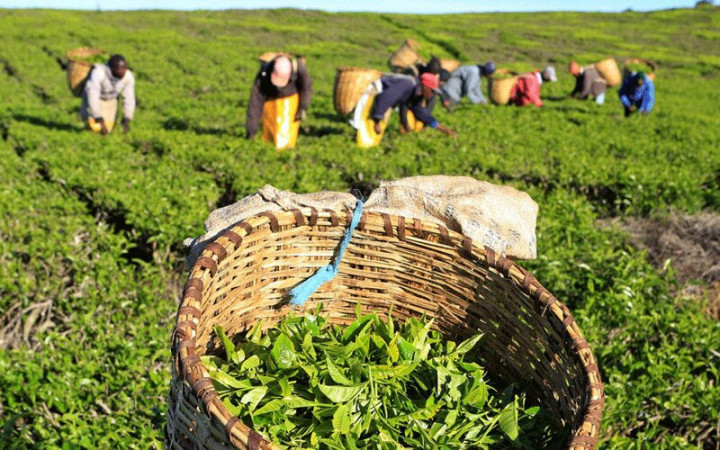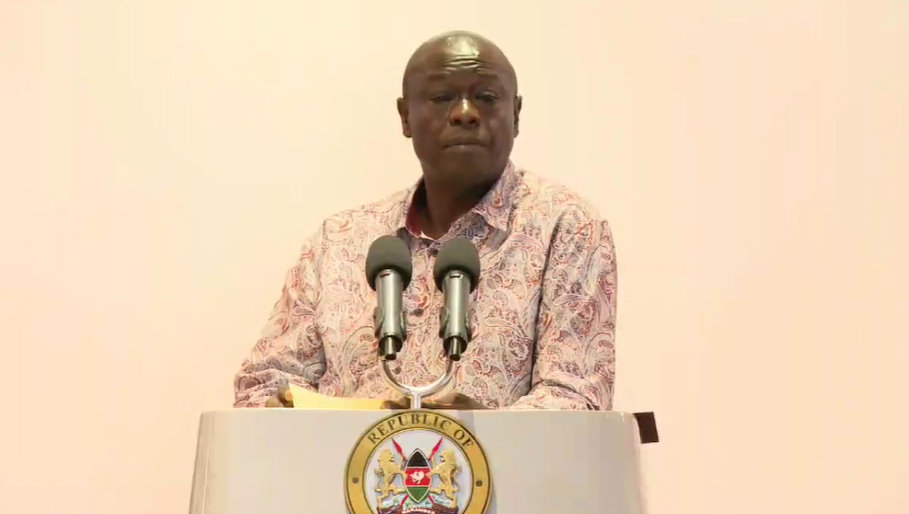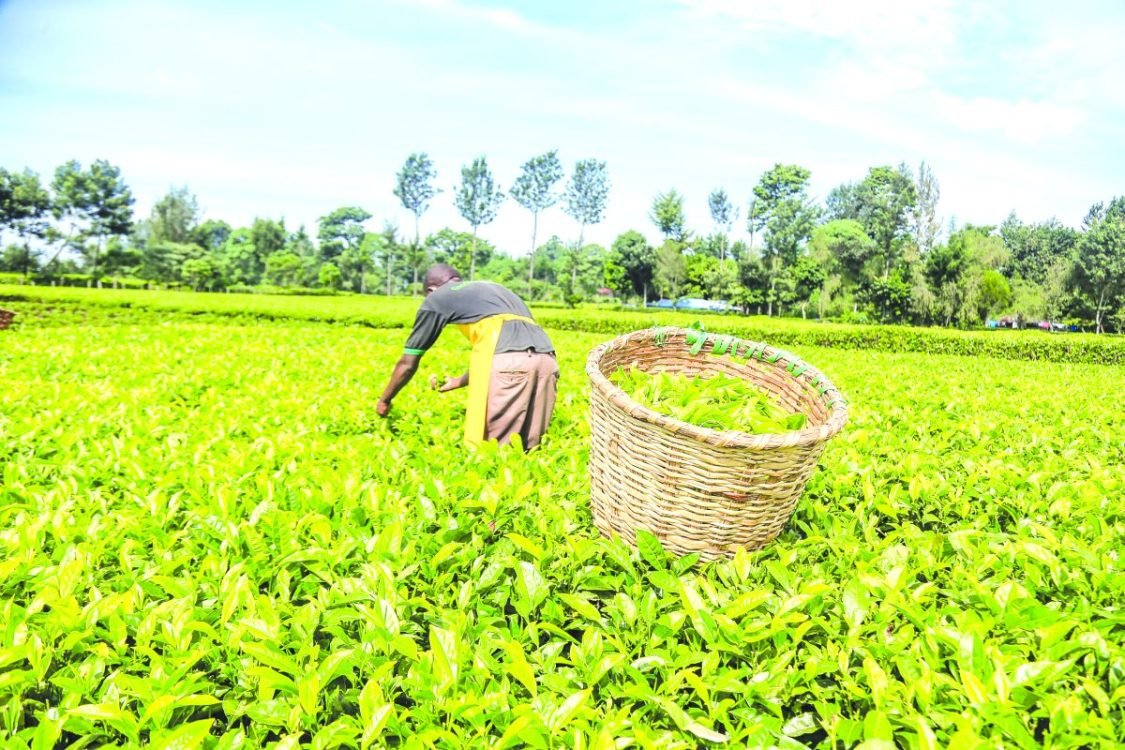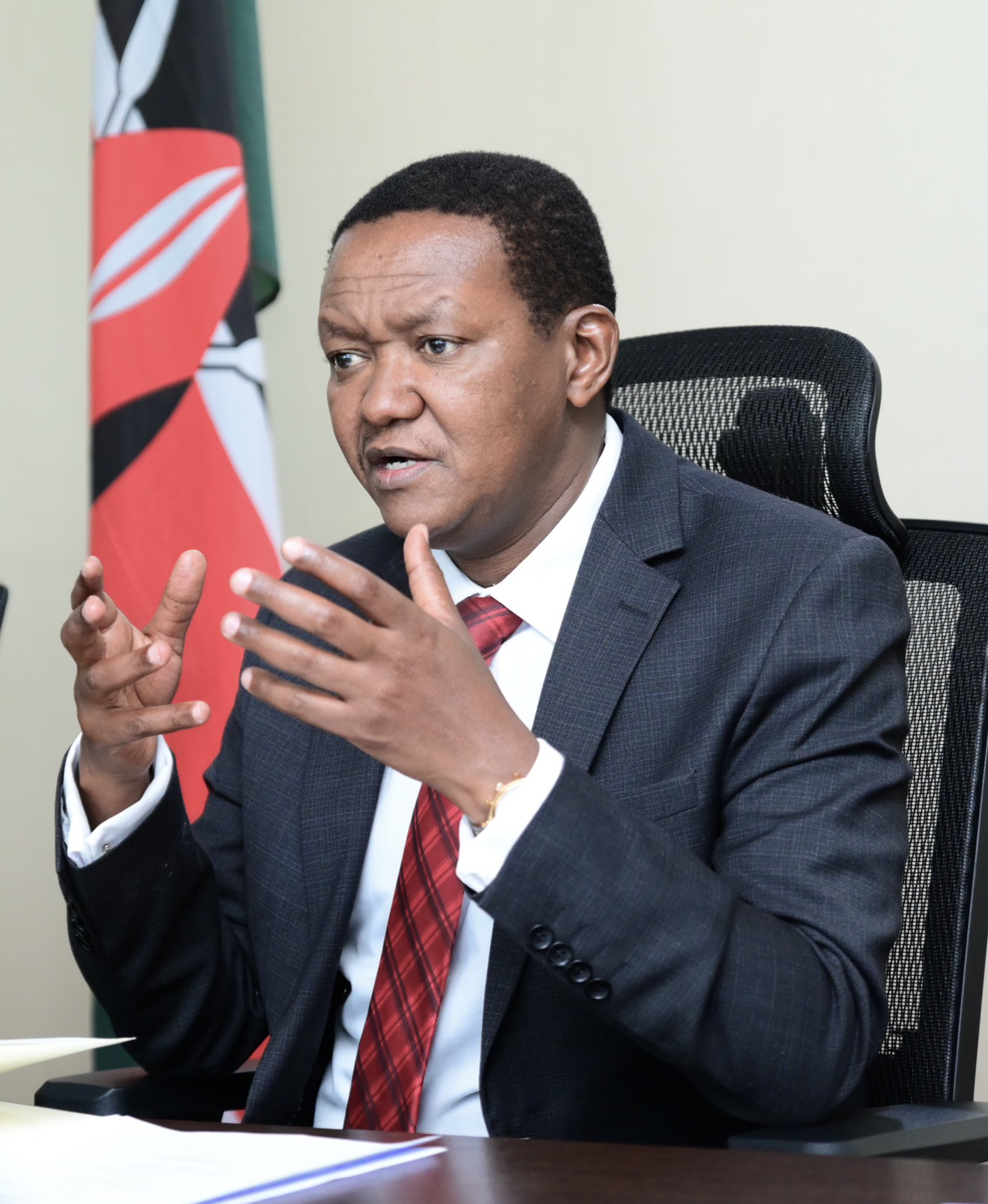Tea farmers earn record Sh37.1 billion in bonuses

Small-scale tea farmers affiliated to the Kenya Tea Development Agency Management Services Ltd (KTDA-MS) will receive a second payment of Sh37.11 billion this month for deliveries they made in the financial year ended June 30.
This is the highest second payment – also known as bonus – in the last four production years and the payment comes one year after the government introduced far-reaching reforms in the sub-sector.
Agriculture Cabinet Secretary Peter Munya said the earnings had increased by 76 per cent from Sh21.07 billion registered in 2020/21.
The government attributed the increase to the reforms it initiated in the sub-sector mid last year, including setting a minimum price for tea. The exchange rate between the shilling and the dollar also pushed up the payment. Currently, the shilling is trading at 117.8 against the dollar.
The payment, once made, will come as a relief to farmers as it will help them cope with the high cost of food commodities that Kenyans have been grappling with since late last year. It will also coincide with the beginning of the second term, meaning that parents will have money to pay school fees for their children.
With an election only 35 days away, the payout is expected to trigger realignments in the current political campaigns mainly in the Mt. Kenya, Nyanza and Rift Valley regions, which have a high population of tea farmers. KTDA has about 860,000 farmers affiliated to it.
“The key drivers for this performance include the minimum reserve price introduced by the government in July 2021 to arrest the continuous decline in tea prices at the auction,” Munya said at the weekend.
Ukraine conflict
Other factors include improved management of tea factories, reduction in production costs through efficiencies in production and improvement in the quality of tea.
Despite the high prices, factories are grappling with several challenges, for instance, high cost of energy, economic and political upheavals in key markets like Pakistan, Iran and Sudan and the global trade disruption caused by the Russia-Ukraine conflict.
Kenya exports to Russia over Sh6 billion worth of tea every year. The sub-sector is further facing market access challenges due to restrictive tariffs in some markets in addition to inefficiencies along the value chain caused by Covid-19 pandemic, which disrupted markets for two years.
The challenges notwithstanding, farmers will in total receive Sh62.89 billion for the 2021/22 financial year, up from Sh44.15 billion earned in the 2020/21 financial year.
“This year total payment is the highest ever paid out to KTDA small holder tea farmers and surpasses the Sh62.35 billion paid out in 2018,” said Munya.
Farmers received a mini bonus of Sh25.78 billion in April, unlike before when it used to be paid in July.
Munya noted the average total earnings per kilo of green leaf in the review period stood at Sh50.9 compared to Sh34.71 in the previous year to June 2021, representing a 44.6 per cent growth.
He also confirmed that farmers will receive the payments before the end of this month compared to previous years where they were paid in October.
In June last year, the government – through KTDA – introduced a minimum price which has helped in holding prices at $2.76 (Sh325.128) in the 2021/22 financial year. This is up from an average of $2.18 (Sh256.804) in the 2020/21 year, representing a 26.4 per cent increase.
“The weakening of the Kenyan shilling against the US dollar boosted farmers’ earnings as tea exports are paid for in US dollars,” Munya said.
The reserve price played a major role in raising prices paid by buyers as well as stabilising the market. The government introduced the reserve price of $2.43 (Sh286.254) per kilo of made tea in July last year, informed by a deteriorating market that had seen selling prices nearly slip below the cost of production.
Region Five
Prices had hit a low of $1.9 (Sh223.82) before the introduction of reserve price while total payments to the farmers within the same period had dropped by 29 per cent.
Factories in the west of Rift Valley recorded the highest improvement in payment with an average increase of more than 55.1 per cent while those in the east recorded a 38.1 per cent growth.
Sanganyi factory registered a 100 per cent increment, Kiamokama (84 per cent) and Kapsara (81 per cent). This year, Sanganyi will pay its farmers Sh48 per kilo of green leaf tea compared to Sh24 paid last year.
KTDA chairman David Ichoho said the agency’s board of directors increased monthly payment to Sh20 in the region Five, up from Sh18 and Shh17 in region Six and Seven and Sh21 for regions One to Four.
Region Five – comprises factories in Kericho and Bomet counties – recorded the highest earnings of Sh15.27 billion. Farmers in Region Two of Murang’a and Nyeri counties closely followed at Sh13.19 billion.
During the review period, the government extended a Sh1 billion fertilizer subsidy to smallholder tea growers, which Ichoho says, had reduced the price of fertilizer from a retail price of Sh3,073 to Sh2,473 a reduction of Sh600 per 50kg bag.















